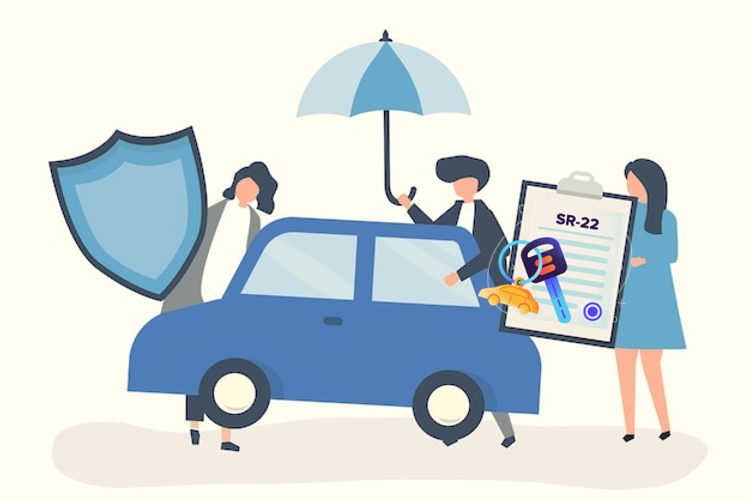Do you have to pay an unexpected medical bill? Were you recently laid off due to Corona virus? No matter how much you make, it’s crucial to set a portion of your income aside in an emergency fund. Having an emergency fund will come in handy for covering large, unexpected expenses.
Ideally, an emergency fund should consist of three to six months of living expenses. It’s imperative to understand that this fund is for genuine emergencies like unemployment and car repairs. You should not blow it off on frivolous expenses such as holidays or clothes.
In this post, we’re sharing a brief guide to creating an emergency fund. Let’s get started.
Set a savings goal
Saving is not an easy task. Apart from essential expenses, you might be tempted to spend on things that are not as important. You can overcome such temptations by setting monthly savings goals. Having a specific number will encourage you to stick to it and kickstart your emergency fund.
Get a piggy bank
No, this is not a piece of metaphorical financial advice. We are really suggesting you get a piggy bank. Every time you have a couple of dollars left after a purchase, drop them in the piggy bank. Every couple of months, collect the savings and deposit it in your emergency fund. You’d be surprised to see how much you can save with an old-school piggy bank.
Automate saving
Sometimes setting a savings goal or buying a piggy bank is not motivating enough. Do you tend to spend most of your paycheque within the first few weeks of receiving it?
By automating your savings, you can ensure your emergency fund is being taken care of.
Borrow before it’s too late
It can take a while to create an emergency fund. If you are in a stable financial situation, you can speed up the process by taking out a short-term loan such as a fast cash loan.
Rather than waiting for an emergency to pop up and taking a last-minute loan, it’s better to borrow when you’re in a position to repay.
Cut-down expenses
If you’re living paycheque to paycheque, it can become difficult to save up. You can increase your savings by cutting down everyday expenses. Reassess all your expenses, including utility bills, grocery and entertainment. Stop spending on inessential things like clothes and alcohol. Instead, focus on building a secure financial future.
Get another job
If there is no room to cut back, you need to earn additional income. Try getting another job or start a side hustle. It doesn’t have to be forever. You can quit once your emergency fund is set up.
Set up a high-yielding savings account
As we know, money has the potential to make more money. Ensure that you’re depositing your emergency fund in a high-yielding savings account. Your goal should be maximising your return on investment.
Declutter and sell
If your budget cannot be slashed and your schedule doesn’t have room for a second job, then there is another option. You should declutter your belongings and sell anything you no longer have a purpose for. It might not earn you much, but it’s still something and you will have fun selling and listing on ebay and trading post.
Final Words
Though life is unpredictable, you can be prepared for it by creating an emergency fund. No matter how small your initial contributions are, it’s important to start. Having an emergency fund can protect you from driving yourself into a debt trap.
Once you’ve successfully created an emergency fund, you can continue your savings practices and start contributing to a secondary fund. This fund can be used for clothes, holidays and other non-essential expenses.




